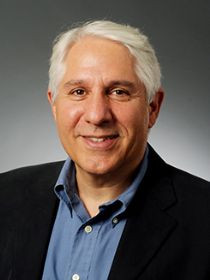
David L. Weisburd
Connect with David
About David
Weisburd's research focuses on police innovation, geography of crime (crime and place), experimental criminology, statistics and research methods, and white collar crime. His research has shown that crime is concentrated on a relatively small number of streets in a city often termed hot spots of crime. Weisburd's work moreover has pioneered hot spots policing approaches, and has demonstrated their crime prevention value. He is the Executive Director of the Center for Evidence-Based Crime Policy, and was the Chair of the National Academy of Sciences Committee on Proactive Policing.
Contributions
A Blueprint for 21st Century Policing
In the News
Publications
Uses the term “proactive policing” to refer to all policing strategies that have as one of their goals the prevention or reduction of crime and disorder and that are not reactive in terms of focusing primarily on uncovering ongoing crime or on investigating or responding to crimes once they have occurred.
Argues that more attention should be paid to hot spots of crime at the street level. Shows, in a cross-city comparison, that crime concentration stays within a narrow bandwidth across time, despite strong volatility in crime incidents.
Argues that more attention should be paid to hot spots of crime at the street level. Shows, in a cross-city comparison, that crime concentration stays within a narrow bandwidth across time, despite strong volatility in crime incidents.
Uses official crime data to examine where crime occurred in Seattle, Washington, over a 14-year period. Finds that a relatively small proportion of specific places account for steeply rising or declining crime trajectories and that these places are primarily responsible for overall city trends in crime.